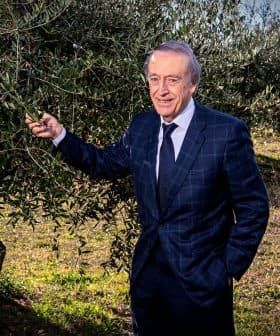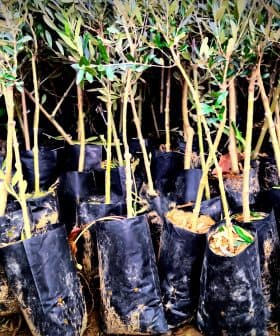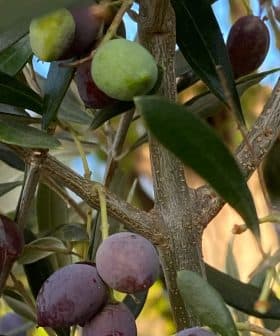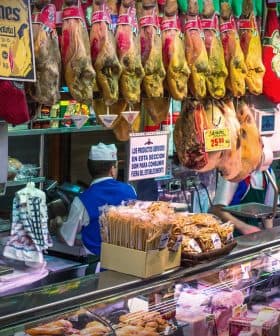13 New Olive Varieties Discovered in Catalonia
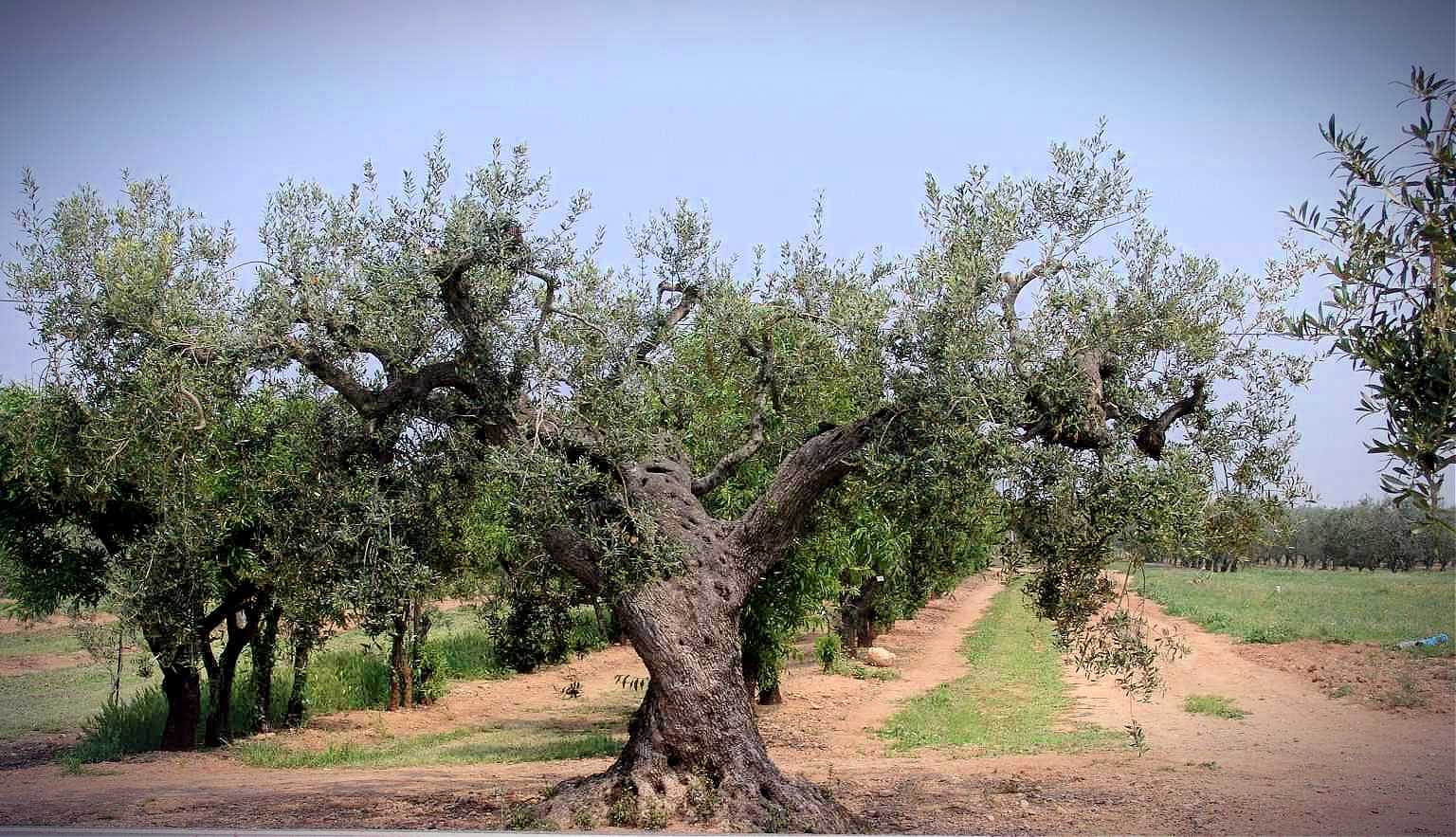
Researchers from IRTA have identified 13 new local olive varieties in Catalonia, adding them to the organization’s olive germplasm bank to enhance traditional olive cultivation and oil production in Pallars Jussà. The study, conducted in collaboration with other agencies, aims to identify genes for resistance to pests, adaptation to drought, and functional compounds of interest in the face of climate change.
Researchers from the Catalan Institute of Agrifood Research and Technology (IRTA) have identified 13 new local olive varieties in the autonomous community, which the organization will add to its olive germplasm bank.
The study, which IRTA conducted in collaboration with other agencies in the region, seeks to enhance and promote traditional olive cultivation and oil production in Pallars Jussà, the county where the olive varieties were discovered.
(These olive varieties have) a very high proportion of oleic acid and a large number of polyphenols, which give them a bitter taste and a prominent, balanced and aromatically rich spiciness.
With the addition of the 15 new specimens, the organization’s germplasm bank now contains genetic material from 65 different autochthonous Catan olive varieties.
“Studying autochthonous varieties can be of great interest in situations of climate change, either to identify genes for resistance to emerging pests, to identify genes for adaptation to drought conditions or other climatic variations, or to identify functional compounds of interest,” IRTA said in a statement on its website.
See Also:Researchers Investigate Origins of White Tripolitaine Olive in LibyaThe genetic traits of these olive varieties are especially interesting for the researchers because the olives grow and successfully yield oil in one of Spain’s most extreme climates.
Pallars Jussà sits at the foot of the Pyrenees Mountains, in northeastern Catalonia. The county experiences exceptionally cold weather stretching from November to April, especially at higher elevations, hot summers and non-uniform periods of precipitation.
Researchers involved in the study carefully cataloged different physical and chemical properties of each of the trees and their olives, including describing the shape of the trees, their fruits, leaves and pits.
The researchers also studied the molecular composition of the olive varieties and the chemical and sensory trails of the oil.
According to Antonia Ninot, a researcher at IRTA’s fruit growing program, the new varieties “have, in general, a very high proportion of oleic acid and a large number of polyphenols, which give them a bitter taste and a prominent, balanced and aromatically rich spiciness.”
“These qualities make them very interesting from the organoleptic and health point of view,” she added.
Olive growing in Pallarès Jussà has a long tradition, with both autochthonous and non-native varieties widely cultivated. Overall, the county is home to 733 hectares of olive groves that yield about 650 tons of olives annually.
“It is a relatively small sector where the majority of producers are farmers with artisanal production and direct sales, and the activity is not the main one,” the researchers wrote.
Currently, the Catalan olive sector is dominated by the cultivation of four main varieties – Arbequina, Morruda, Empeltre and Sevillenca – with Arbequina making up roughly half of all olives grown in the autonomous community. All four varieties account for about 85 percent of total olive cultivation in the region.
The researchers hope to understand the traits of these newly-discovered varieties better to support traditional olive oil production and diversity Catalonia’s olive oil sector.



